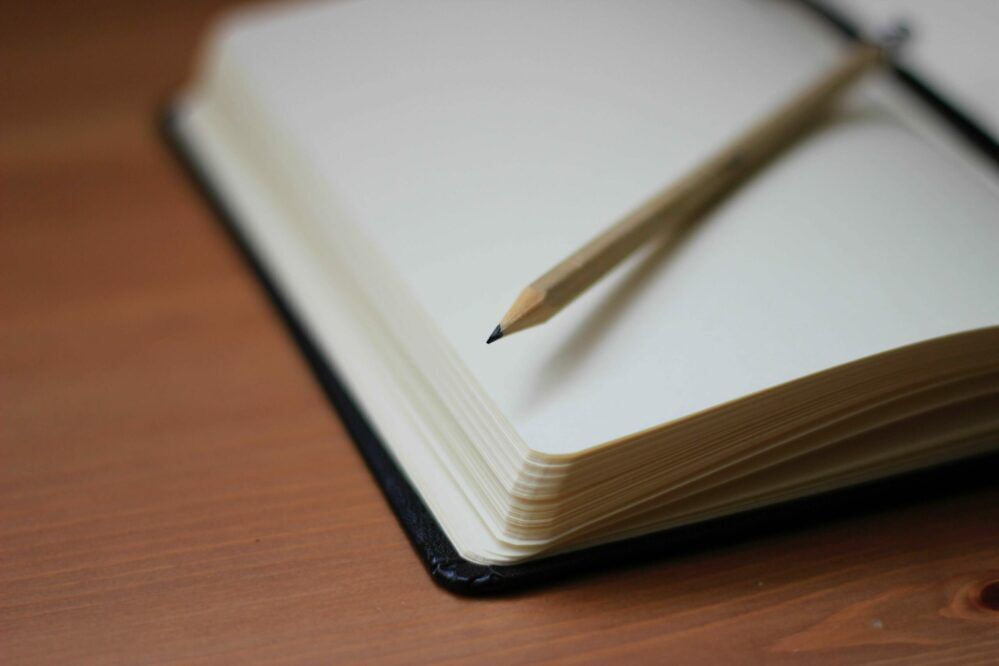Graduating and entering the workforce is a pinnacle moment in every college student’s life. A good recommendation letter can open the door to the right job and start a young person on an exciting career path.
It is a great honor and privilege to be asked to write such a letter for a student. Below we will look at what a recommendation letter is, the two different types of letters, and what to include to set up the student for success down the road.
What Is a Recommendation Letter?
A recommendation letter is a vote of confidence. It is typically written by former employers or professors who can vouch for the candidate’s capabilities and character. An individual with a long work history has a visible track record of past performance to present potential employers.
A recent graduate does not have this advantage. A recommendation letter can fill the gap and present the candidate as worthy of a position based on their past performance in the classroom or limited work experience. The letter writer is making a case for the applicant and attaching his or her reputation to their own.
Writing a Recommendation Letter for a Student
Either former professors or counselors will write recommendation letters for students. It needs to be someone familiar enough with the student to translate what they have done in the classroom to the job in question.
Speak on more than just intelligence. Real-life situations demand not only intelligence but a good work ethic, the ability to work well with others, and creativity to be resolved.
When students ask you to write a letter of recommendation, ask them what information they need to include and what they will use the letter will for. Such information will help you make the letter more applicable and speak directly to the matter.
Academic vs. job recommendation letter
An academic letter of recommendation is used for students who want to make a stronger case when applying for openings in the education system. The most common are letters for entry into graduate programs, undergraduate or even earlier in the more competitive schools.
The emphasis of an academic letter will be on the student’s capabilities to meet the demands in the classroom and contribute to the school’s overall culture. Provide any pertinent information about past academic performance and involvement in clubs, sports, or extracurricular activities, highlighting the applicant’s character and how they will benefit those around them.
Similarly, employers want to hire individuals who are capable of meeting the job requirements while at the same time being pleasant to work with and be around. The letter should highlight the candidate’s ability to perform daily tasks and provide specific examples when possible. A good recommendation letter will also sell the candidate as someone who makes the office a better place to work and includes positivity and encouragement to the company.
What to Include in a Recommendation Letter
Recommendation letters need to include information specific to the position. If you can find the person’s name making the decision and address the letter to him or her personally, that is a great way to start.
Ask the individual needing the letter what to include and the criteria for selection. This will help you, as the letter writer, to tailor the letter to both the current situation and the reader.
A letter should give the reader a sense of meeting the applicant, almost like an initial interview. Think about what the hiring manager would want to know about the student after spending fifteen minutes with them and include that information.
Introduce yourself and your qualifications
Your letter is only as credible as its source. The writer not only has to make a case for the student but also themselves and why their opinion matters. Speak briefly but confidently about your abilities and what qualifies you to speak about the situation.
If a student is applying for a position in a marketing firm and you have fifteen years of real-world experience in the field, highlighting that makes you an insider and puts you in the room with the hiring manager. Anything you can do to connect with the reader will help your letter carry more weight.
How do you relate with your student?
Credibility is important, but it means little if you can not demonstrate real contact with the student. A strong relationship is not required, but there must be enough connection to allow for your opinion about the student to be viewed as credible.
Highlight how you have seen the student at work demonstrating the qualities that make him or her a strong candidate for the position. Personal interaction or involvement is not as important as getting an honest look at the student’s performance. Write about your relationship with the student and how that relationship allows you to assess them objectively. Speak positively and highlight qualities that make the student an attractive asset.
Student’s academic background
The student’s academic background and performance will make up the bulk of their experience. Describe their ability in the classroom to meet expectations and emphasize those courses or projects that translate most directly to the job or position in question.
Some students struggle initially and see their grades improve as they progress through school. If that is the case, highlight the work they did later in their academic program since their overall grades may not seem to be as impressive.
Highlight the student’s qualifications and competencies
Grades are a great place to start but do not always tell the whole story of a person’s qualifications or competencies. For example, a student working two jobs to pay for school deserves to have that effort considered in any decision.
✅ Request information on BAU's programs TODAY!
This portion of the letter is your chance to paint a complete picture of the applicant and bring to light anything that hasn’t surfaced naturally. Work ethic, compassion, sense of humor, or foreign language skills could all be included here.
Hiring managers want to hire people they would like to work with, extending far beyond grades. Make a case for the student based on their character, and any specific skills or abilities they have that set them apart from the rest.
Conclude your letter with a positive tone
Students ask individuals who have made a positive impact on their life to write recommendation letters. Thank them for the opportunity to do so.
As you conclude your letter, talk about the student’s potential with a spirit of optimism. Avoid any critical or negative remarks.
Example of a Recommendation Letter
To Whom It May Concern,
I would like to recommend (Student’s full name) for the position in question with your company. I have had the pleasure of knowing and working with this student for several years. As a professor of marketing with over fifteen years of experience in a large firm, I know what separates a good candidate from a valuable employee.
(Student’s name) has been in five of my higher-level courses, and I have worked closely with him on several projects over the last two years. He has shown a tremendous work ethic and the ability to deliver great results and high-quality work. His communication, organization, and leadership skills were evident when working with groups.
One of this student’s greatest strengths is his self-awareness. He is not hesitant to ask for clarification when he has questions and, as a result, does not shy away from challenges. When combined with his curiosity, his humility makes him an avid learner and a valuable asset to have on any team. His grades have consistently been in the top five percent of every class of mine.
In addition to his academic performance, I know that this student works up to twenty hours a week to help pay for school. He also volunteers at the local boys and girls club regularly.
I can not help but recommend this student without any reservations and trust that you will have a similar positive experience with him. If you have any questions, please contact me personally at the number listed above.
Thank you again for your time and consideration.
Conclusion
Writing a letter of recommendation for a student is a chance to contribute to their future. It is a testament to the importance of relationships and investing time and energy into students. Offer to provide any more information that may help the reader decide. Thank them for their time and consideration, and properly sign the letter.











